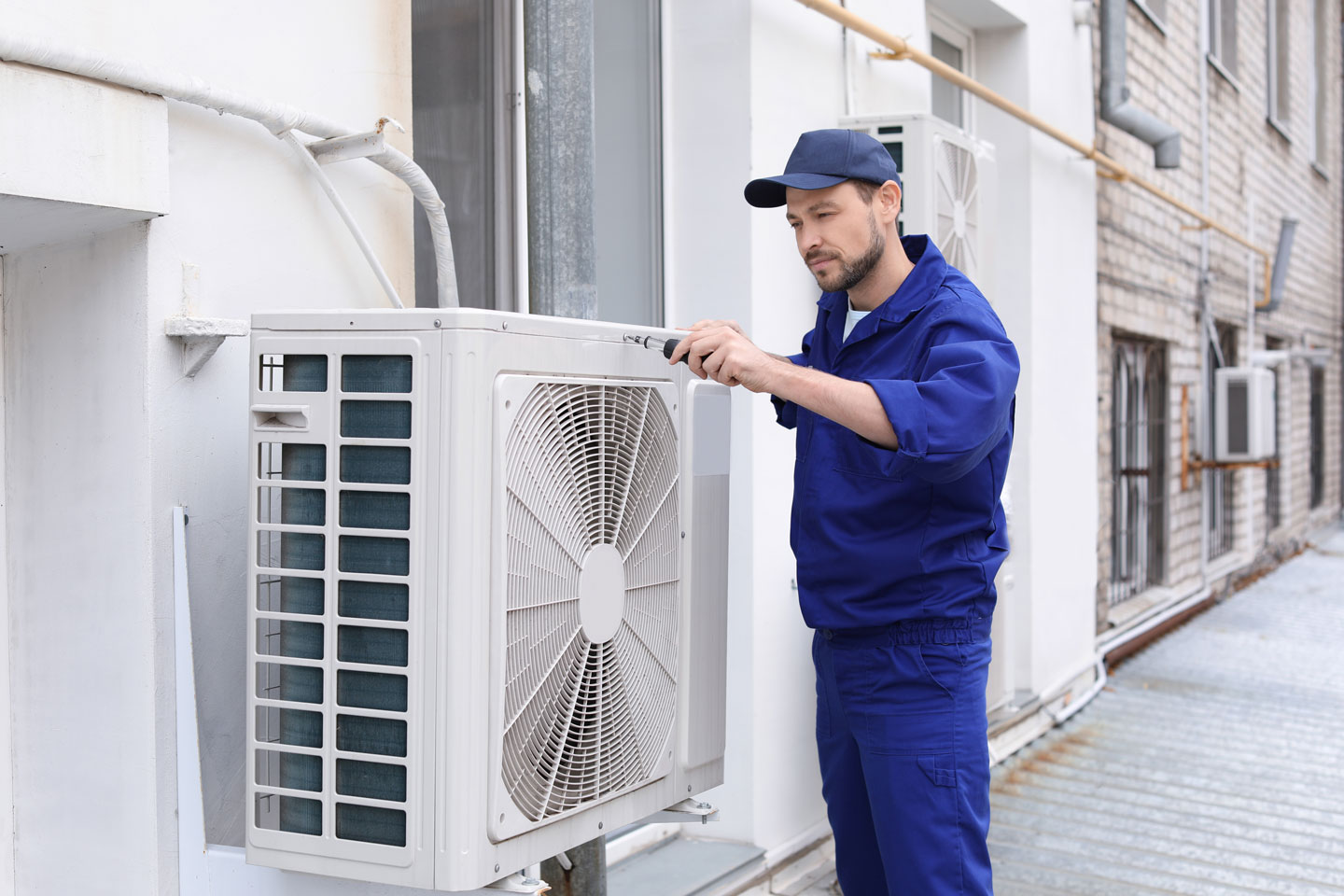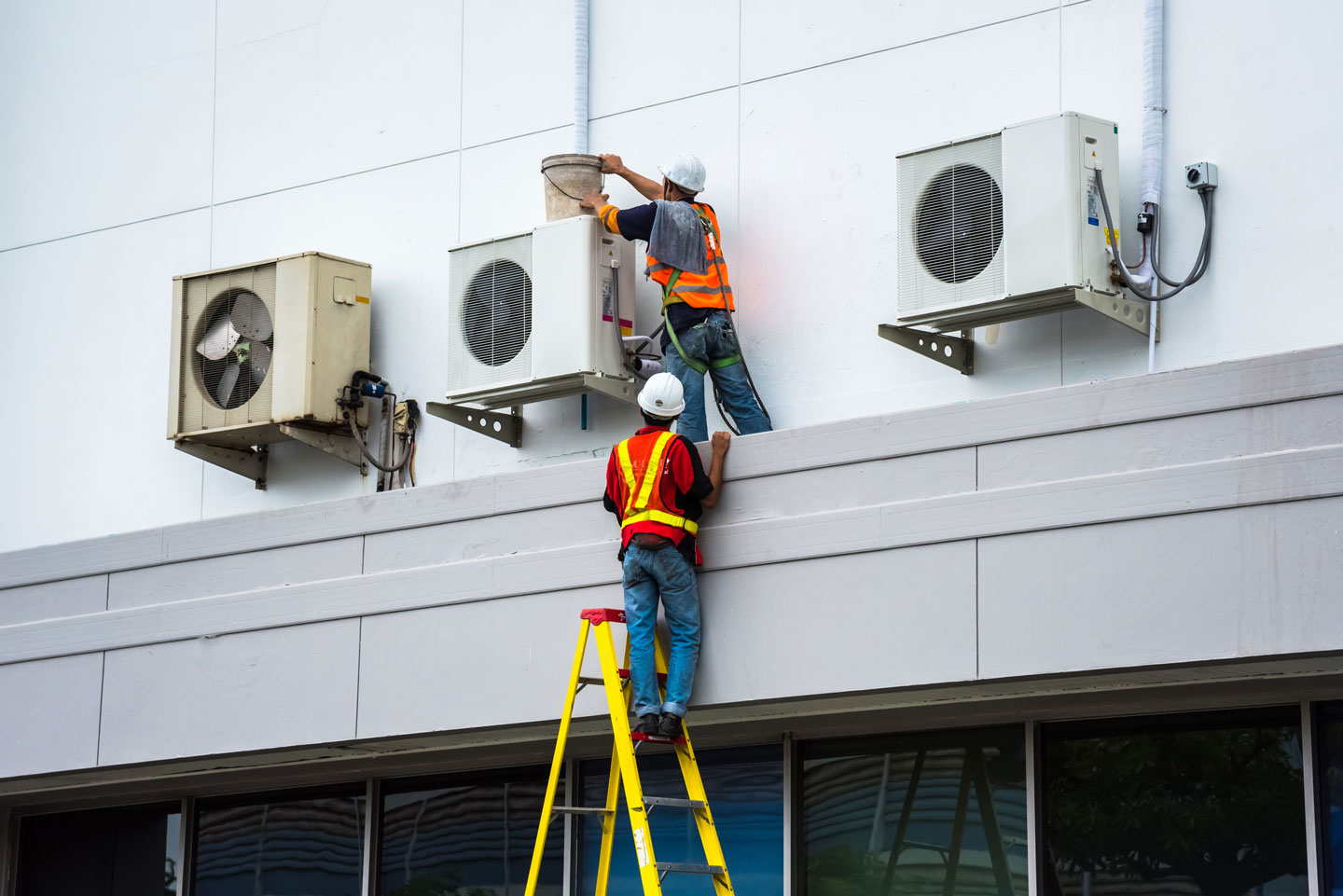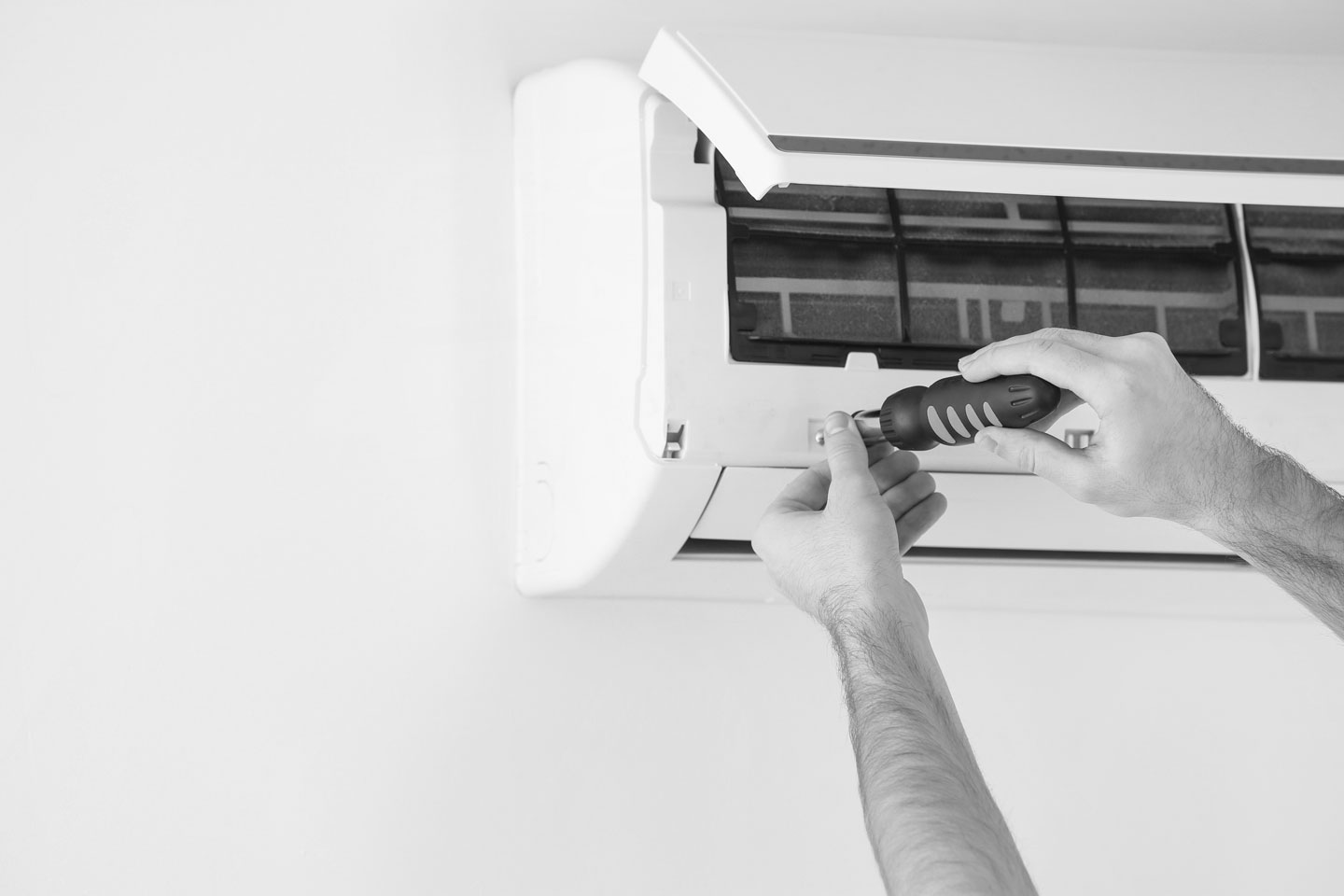Why Are HVAC Acoustics Vital To Maintain Indoor Comfort?
Acoustics, a fundamental aspect of air conditioning, plays a paramount role in determining the comfort and excellence of indoor spaces. This science encompasses the study of sound and its interactions with its environment, including production, transmission, and reception.


HVAC Acoustics Elements
The outside unit of an air conditioner may make a loud noise after installation. All evaporative coolers, wall-mounted units, and split systems feature external condenser and motor units. It is typical for properties to have an acoustic barrier placed around the AC outside unit to guarantee that the noise does not become a nuisance to neighbors.
While not always the case, best practices include compartments, noise-canceling barriers, and fences to reduce noise to a manageable level. The secret to establishing effective acoustic conditioning is to use sound-absorbing wood in wood interiors, inner linings, and wood walls and ceilings to reduce unwanted reverberation.
Aspects of HVAC Acoustics
Here are some of the main contributions that acoustics offer for air conditioning:
Noise Reduction
One of the most critical considerations in air conditioning is noise reduction. Unfortunately, air conditioning systems often generate substantial noise, hindering and distracting those within the building. The solution lies in designing air conditioning systems that reduce noise to the lowest possible levels. You can use sound blankets and wall barriers to mitigate noise disturbance and ensure isolation from the occupied space.
Reverberation
Air conditioning also impacts the reverberation time of space and the duration it takes for sound to fade after it has been produced. The reverberation time mainly depends on airflow, temperature, and humidity, which impacts the space's sound-absorbing properties. You can use duct liners and acoustic foams to dampen the noise for a quieter indoor environment.
Thermal Comfort
Lastly, acoustics also contribute to thermal comfort. Sound can profoundly affect how people perceive temperature and air quality. For instance, high noise levels can make a space seem hotter, while low noise levels can make it seem cooler. Poor acoustics can also increase the perception of humidity, leading to discomfort and dissatisfaction with the indoor environment.
Conclusion
In essence, the acoustics are a critical aspect of air conditioning and play a fundamental role in determining indoor comfort, quality, and usability. AC systems must be upgraded to minimize noise, maintain reverberation times, and improve thermal comfort, ensuring high-quality indoor environments.
For the best result to ensure the barrier's design functions as intended, it is best to collaborate with a licensed builder specializing in acoustics.
You can learn more on the most common AC problems in our Blog.

Call Us Today!

OR

